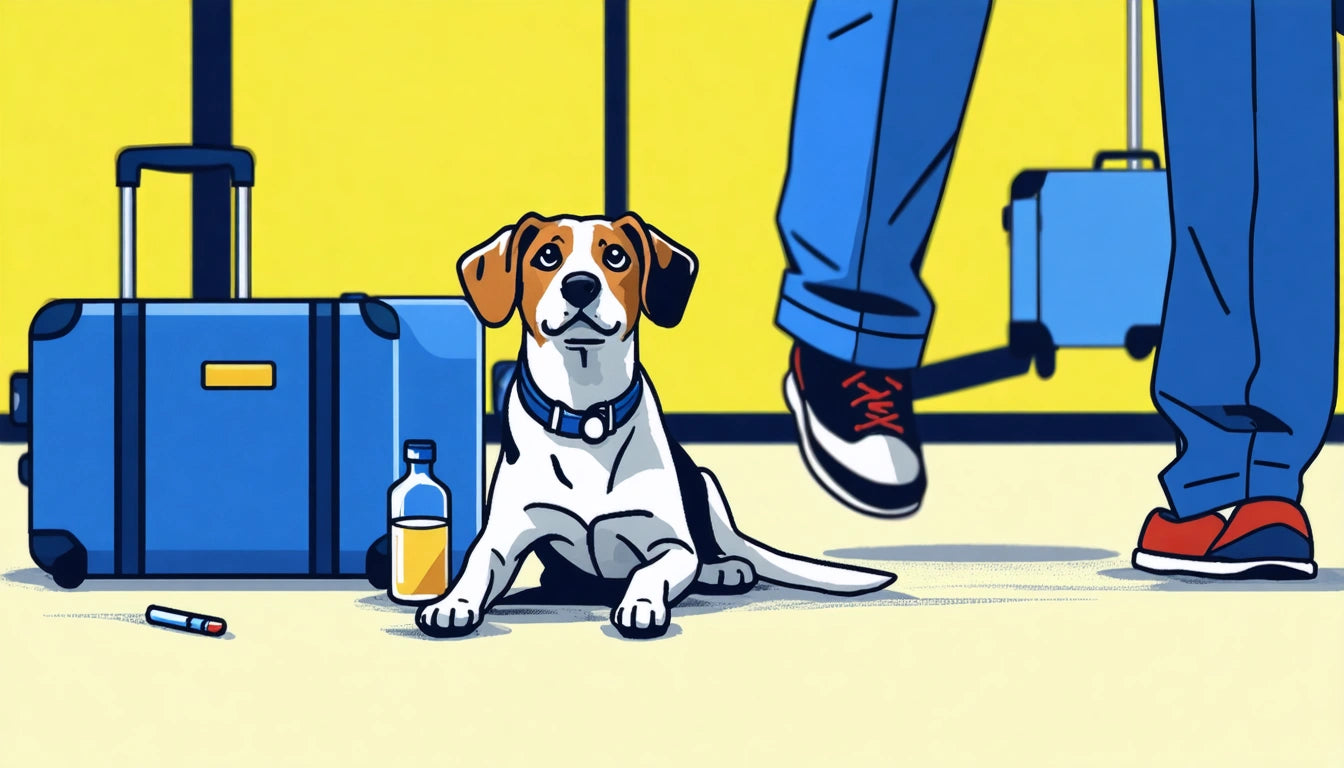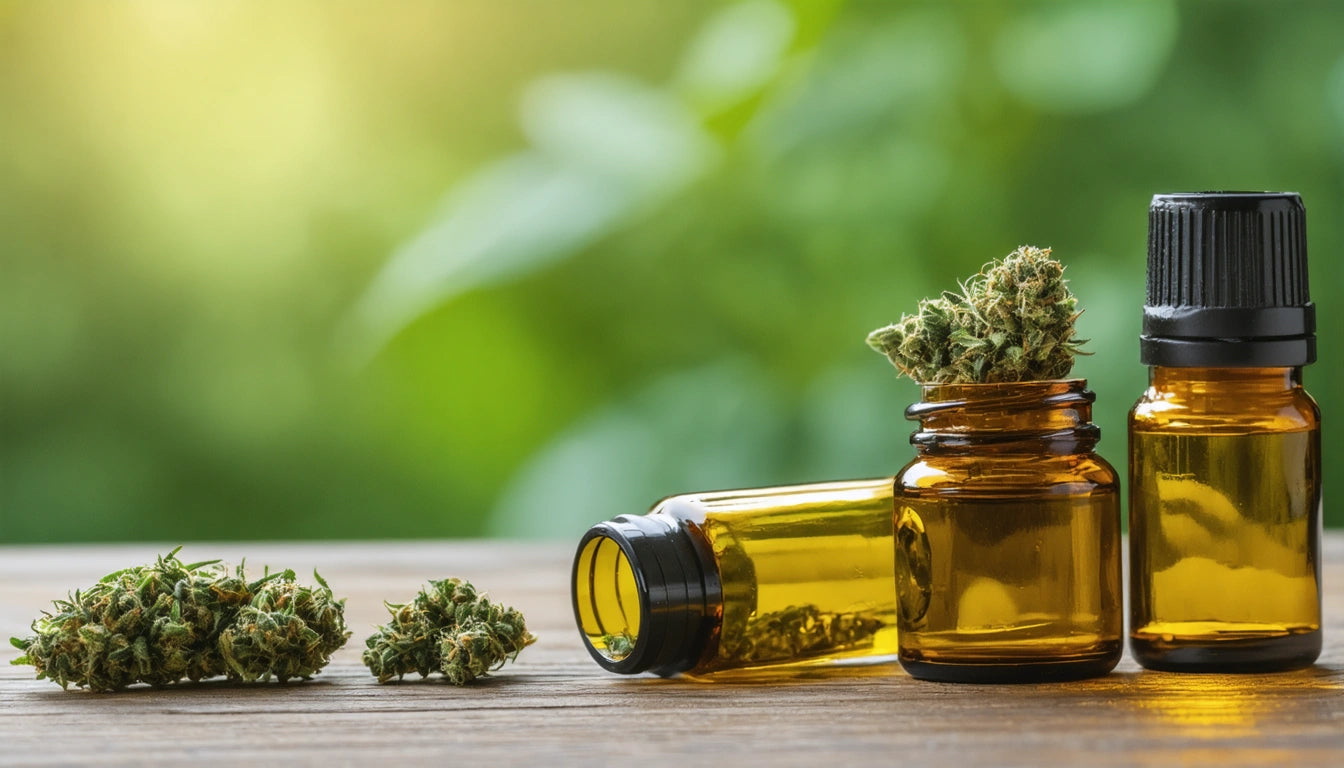Can Airport Dogs Detect Drugs and Alcohol?
Airport security measures include various screening technologies and protocols to ensure passenger safety. Among these measures, detection dogs play a significant role, but many travelers wonder about their specific capabilities. This article explores what substances airport dogs can detect, how they're trained, and what travelers should know about these canine security partners.
Airport Detection Dogs: Types and Training
Not all airport dogs serve the same purpose. Different canine units specialize in detecting specific substances or threats:
- Explosive Detection Canines (EDCs): Primarily trained to detect explosive materials
- Currency Detection Dogs: Focused on large amounts of cash
- Agricultural Detection Dogs: Trained to find prohibited food items
- Narcotics Detection Dogs: Specialized in finding illegal drugs
According to research on drug-sniffing dog breeds and training, certain breeds excel at detection work due to their superior olfactory abilities. German Shepherds, Belgian Malinois, and Labrador Retrievers are commonly used for their intelligence, focus, and scenting capabilities.
Training Process and Capabilities
Detection dogs undergo intensive training that typically lasts 6-12 weeks, focusing on specific scent profiles. These highly specialized animals can detect minute quantities of target substances, often in concentrations as low as parts per billion. Their training involves positive reinforcement techniques, where dogs learn to associate finding target scents with rewards.
Can Airport Dogs Detect Marijuana?
One of the most common questions travelers ask is: do TSA dogs sniff for weed? The answer depends on the dog's specific training and assignment.
TSA (Transportation Security Administration) canines are primarily trained to detect explosives, not drugs. Their mission focuses on identifying potential threats to aviation security rather than enforcing drug laws. However, this doesn't mean marijuana goes completely undetected at airports.
Law enforcement agencies separate from TSA often maintain their own drug dogs at airports, particularly at international entry points and in states where marijuana remains illegal. These dogs are specifically trained to alert to various controlled substances, including cannabis.
For travelers concerned about detection, it's worth noting that proper storage methods can impact detection probability. Many cannabis users utilize specialized storage solutions like smell-proof storage bags for legal transport in jurisdictions where permitted, though no method guarantees avoiding detection by a properly trained canine.
Alcohol Detection Capabilities
Regarding the question can drug sniffing dogs smell alcohol, most airport canine units are not specifically trained to detect alcoholic beverages. Alcohol is legal for adults to possess in most jurisdictions, and its distinct smell is easily detectable by human officers when necessary.
However, dogs can be trained to detect alcohol if required for specific purposes. Some specialized units might be trained to find large quantities of alcohol in contexts where it's prohibited or taxed differently, such as certain international borders or in jurisdictions with specific alcohol restrictions.
TSA Dogs vs. Law Enforcement K9 Units
Understanding the distinction between different canine units at airports is crucial:
TSA Canine Teams
These dogs work specifically for the Transportation Security Administration and focus almost exclusively on explosive detection. Their primary mission is preventing terrorist threats to aviation, not drug enforcement. When considering do TSA dogs sniff for drugs, the answer is generally no, as this isn't their primary training or purpose.
Law Enforcement K9 Units
Separate from TSA, these dogs work for local police, DEA, Customs and Border Protection, or other law enforcement agencies. They may be trained to detect various controlled substances, including marijuana, cocaine, heroin, and other drugs. These are the dogs that address the question of are there drug dogs at airports, and yes, they are present at many airports, particularly at international entry points.
According to information about TSA and drug enforcement protocols, while TSA agents aren't actively searching for drugs, they are required to report suspected illegal substances discovered during screening to law enforcement.
Traveling with Cannabis Products
For travelers in states with legal cannabis, confusion often arises about airport policies. It's important to understand that:
- Airports operate under federal jurisdiction, where marijuana remains illegal
- Crossing state lines with cannabis is prohibited, even between two legal states
- International travel with cannabis products is strictly prohibited
Some airports in legal states have implemented policies allowing small amounts of cannabis for personal use within the terminal, but boarding a plane with these products remains federally illegal. For more detailed information, this guide on navigating TSA regulations regarding cannabis provides helpful insights.
Vape products face additional restrictions due to battery safety concerns, as outlined in this article about traveling with THC vapes.
Traveler Rights and Legal Considerations
Understanding your rights during airport screening can help navigate these situations:
- TSA agents are not law enforcement officers and cannot arrest travelers
- If TSA discovers suspected illegal substances, they will refer the matter to local law enforcement
- Local jurisdiction laws may impact how discovered cannabis is handled
- Medical marijuana cards are not recognized under federal law
If you're concerned about airport dogs smelling weed in your luggage or on your person, remember that the legal consequences vary significantly depending on location, quantity, and circumstances. In some legal states, small amounts may simply be confiscated, while in others, possession could result in serious legal penalties.
For travelers with questions about how cannabis exposure might affect pets, this article explores whether dogs can get high from secondhand exposure, which might be relevant for service animals in travel situations.
Safe and Legal Travel Recommendations
For those concerned about airport security screening:
- Research destination laws before traveling
- Consider that federal law applies during air travel regardless of state laws
- Be aware that airport security scanners can detect certain cannabis products
- If traveling with a service animal, ensure they haven't been exposed to cannabis, as explained in this guide about pets and cannabis exposure
The safest approach remains complying with federal regulations by not traveling with cannabis products across state lines or internationally, regardless of origin or destination legality.











Leave a comment
All comments are moderated before being published.
This site is protected by hCaptcha and the hCaptcha Privacy Policy and Terms of Service apply.